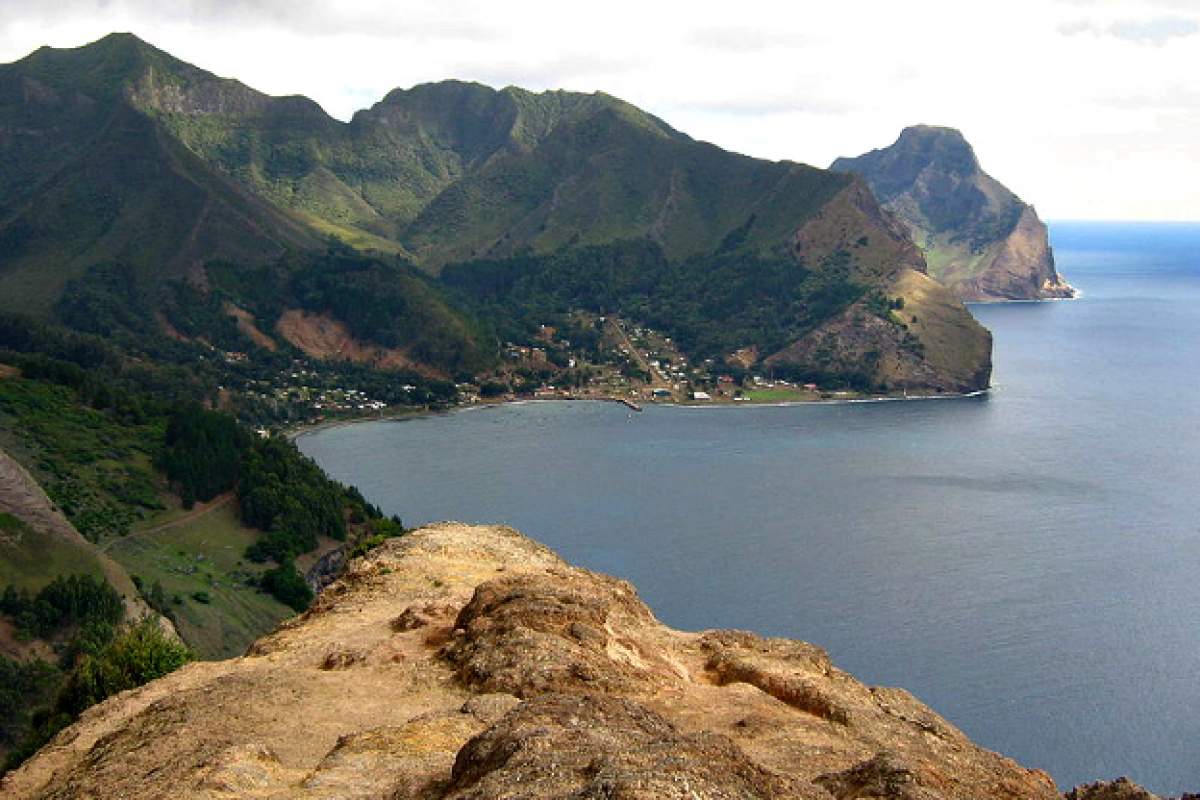
One of the classic pieces of 18th-century English fictional literature came out during the year 1719. Daniel Defoe’s “Robinson Crusoe” was first published in April. Although the book is known simply by the name of the title character, the complete original title is not only a mouthful but a terrific summation of what goes on in Defoe’s tale: “The Life and Strange Surprizing Adventures of Robinson Crusoe, of York, Mariner: Who lived Eight and Twenty Years, all alone in an un-inhabited Island on the Coast of America, near the Mouth of the Great River of Oroonoque; Having been cast on Shore by Shipwreck, wherein all the Men perished but himself. With An Account how he was at last as strangely deliver’d by Pyrates.”
In other news, the father of Wolfgang Amadeus Mozart—Leopold Mozart—was born November 14, 1719 in Augsburg. Leopold is remembered primarily for two things: (1) as the 18th Century’s most energetic stage father, who went to great lengths in order to promote and protect his son, and (2) he was the author of a highly-influential instruction book for the violin known as the Violinschule, or “Violin School.” Leopold Mozart is also recognized as the composer of the Toy Symphony, or Cassation in G major for toys, 2 oboes, 2 horns, strings, and basso continuo, a work long thought to be by Joseph Haydn. Ironically, scholars aren’t 100% it was by Mozart either.









